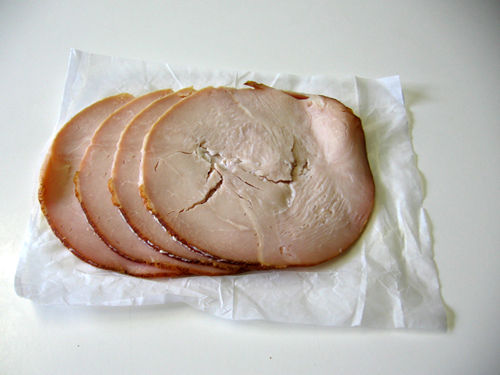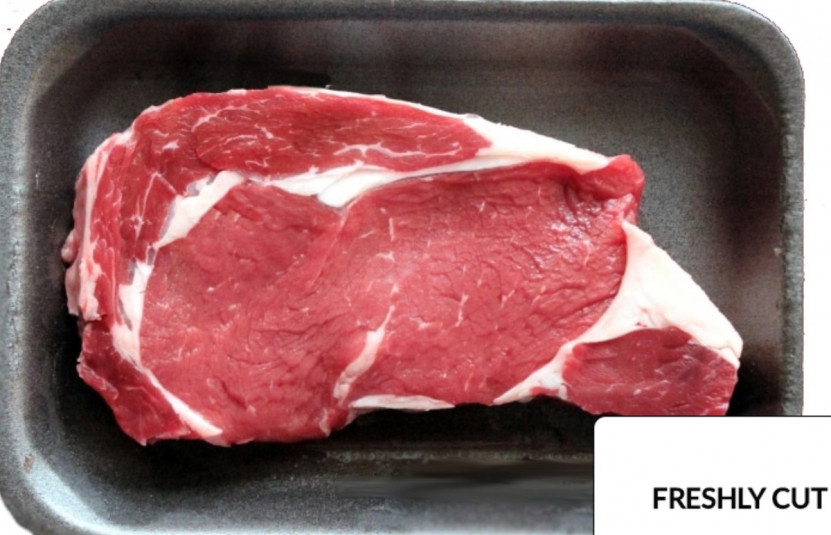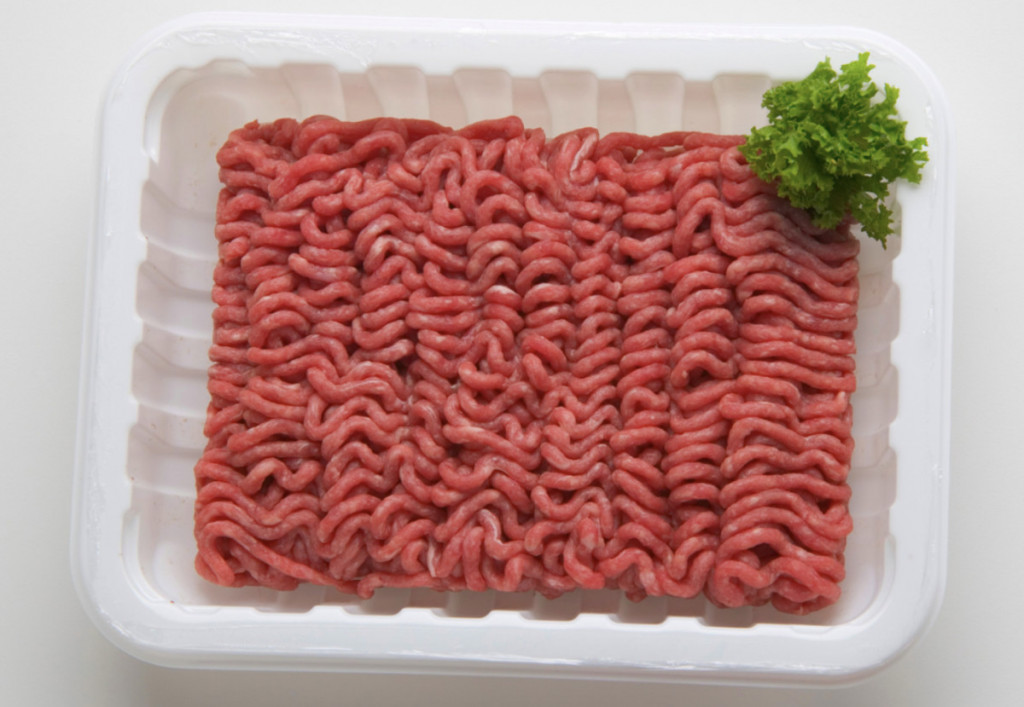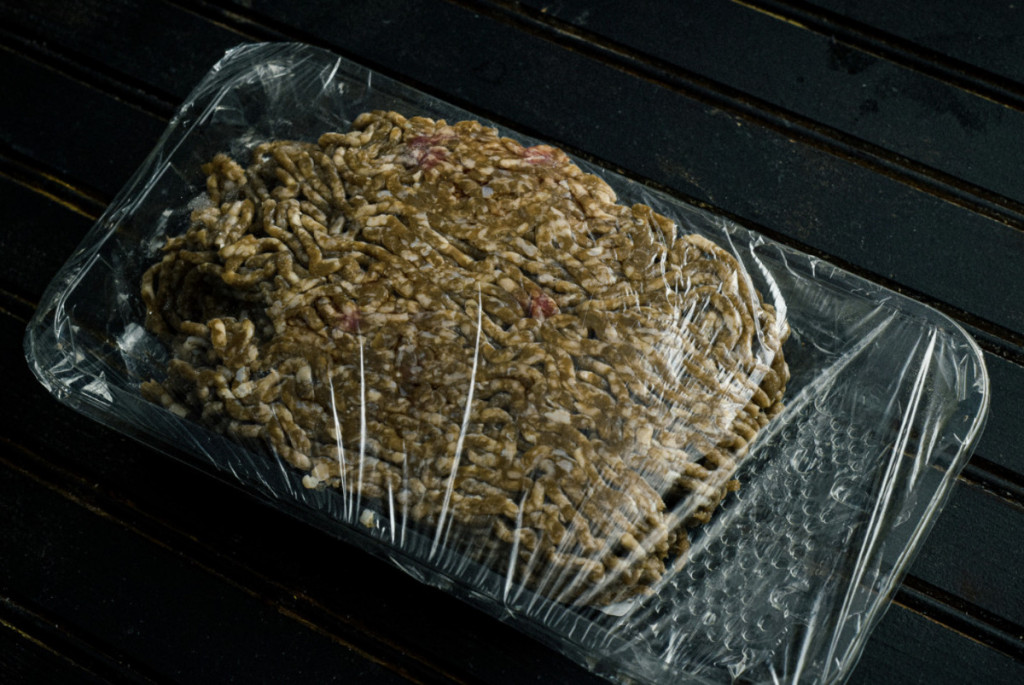Beef that’s gone bad has a sour smell. Sometimes with an aroma like milk that has gone off.
How can you tell if steak has gone bad? Smell is the first indicator followed by color.
First thing: Fresh meat, like fresh fish, has no smell. If you get a sour odor from a piece of meat, you need to be careful. It may not be safe to eat. We have a maxim in our trade, “If in doubt, throw it out”.
Be careful though, meats with preservatives, i.e., some sausages and cured meats, if kept too long, can carry dangerous pathogens even though there may be no smell. Always buy from a trusted source.
The holidays are approaching, and for many that means it’s time to thaw the star of the season – the turkey! As you eagerly grab your vacuum-sealed bird from the freezer, you tear open the bag only to be hit with an overwhelming rotten egg smell. Your heart sinks Could your Thanksgiving turkey be spoiled? Before you toss the bird in panic, let’s investigate the science behind this common phenomenon.
The Cause of the Sulfur Smell
When meat is vacuum-packed oxygen is removed from the package to extend shelf life. This anaerobic environment allows lactic acid bacteria to thrive. As these bacteria metabolize and break down the turkey’s proteins they produce lactic acid as a byproduct. This buildup of lactic acid leads to the sour, eggy aroma you may notice upon opening.
Here’s the key this smell does not necessarily mean your turkey has spoiled. It is simply an indication that proteins have broken down due to the lack of oxygen inside the sealed package The smell results from natural enzymatic activity, not dangerous bacterial growth
Distinguishing Harmless Smells from True Spoilage
Though an unpleasant smell can be disconcerting, it does not guarantee the meat has gone bad. Here are some ways to evaluate if your vacuum-packed turkey is still safe to eat:
-
Intensity of the Smell – A subtle or slightly sour smell is normal for vacuum-packed meat. If the odor is overpoweringly rotten, chances are spoilage bacteria have set in.
-
Color – Look for any unusual discoloration or slimy texture. Gray, green, or yellow hues indicate spoilage.
-
Package Integrity – Bloated or leaking packages may mean unwanted bacteria generated gas inside.
-
Expiration Date – Is the turkey within the safe use-by timeframe printed on the packaging?
When in doubt, remember it’s better to be safe than sorry. Use your best judgment to determine if consumption could lead to food poisoning.
Tips to Minimize the Sulfur Smell
Here are some tips to prevent an overwhelming stench when opening vacuum-packed turkey:
-
Select Fresh Turkey – The newer the turkey, the less lactic acid buildup has occurred. Check packaging dates.
-
Proper Storage – Keep refrigerated below 40°F at all times for safety.
-
Rinse Before Cooking – Rinsing under cool water can help dissipate persistent odors.
-
Cook Promptly – Use vacuum-packed meat within the recommended window for optimal quality.
What Causes Sulfur Smells in Other Meats?
Vacuum-packed turkey isn’t the only meat that can take on sulfur notes. Here are some other common causes across proteins:
Ground Beef
The iron-rich compounds in ground beef can sometimes produce a slightly eggy or liver-like smell. This is normal in fresh, properly stored meat. However, rancid odors indicate spoilage.
Ground Turkey
Packages may retain a slight sulfur smell from processing. Rinsing before cooking should eliminate the odor. A persistent rotten smell means the turkey is unsafe to eat.
Pork
In pork, sulfur smells usually stem from high concentrations of amino acids. Again, a mild smell is not a spoilage indicator unless combined with other signs like sliminess or color changes.
Fresh Fish
Fish contain acids like trimethylamine oxide that break down post-mortem and release smelly amines. Mild odors are common, but extreme fishiness or ammonia-like smells signal the fish has gone bad.
When in Doubt, Throw it Out
Our noses are extremely sensitive to sulfur compounds, thus able to detect even minute amounts. This ability served our ancestors well for identifying rotten foods to avoid.
While modern preservation methods like vacuum-sealing can create misleading smells, trust your instincts. You know your food better than anyone. If something seems off, don’t risk eating it.
With vacuum-packed turkey, look for supporting signs of spoilage beyond just the sulfur smell. If unsure, do not consume the meat. Your safety and health aren’t worth the risk. But in many cases, that eggy aroma is just a harmless byproduct of the vacuum-sealing process, not an indicator the turkey has gone bad.
Use your judgment, rely on your senses, and stay vigilant this holiday season. That way you can enjoy the turkey feast you deserve without worry!

Storage and handling after purchase
The butcher slaughtered the animal under ideal conditions, refrigerated it properly, and oversaw the entire process to the point of sale. As a customer who is going to feed this meat to their family, you can’t be casual about how you handle and store meat.
Carry a cooler bag when you shop for meat.
Transfer meat to your fridge as soon as possible after you purchase it.
Ground beef should be consumed within 24 hours of purchase or stored in a freezer for later use.
What to look for
The meat in the pic above has been kept too warm for too long. The meat is off-color and has become sticky.
Refrigerate meat between 0 and 4 C (34 to 42F). The smell will be quite strong and offensive.

This is what freshly cut meat looks like

Meat that has been vacuum packed has a darker red color. This is perfectly acceptable
Temperature, light, microbial growth, and exposure to oxygen are all factors that can change the color of beef. Fresh, ground beef will be red because of its levels of oxymyoglobin, a pigment formed when a protein called myoglobin reacts with oxygen
When you get meat home and open the pack, the interior of raw ground meat may be brownish or grey because of a lack of exposure to oxygen.
This doesn’t mean it has gone bad.
Ground beef, because it has been chopped small, will change color quickly, especially if it is very lean and tightly packed.
So long as there is no strong sour smell, it is safe to eat. But eat within a day, or freeze it. Store ground beef in the freezer for no longer the 4 months.

If you have ground beef that looks like this below, avoid completely

Aging beef in a drying chamber is a different process to maturing beef normally.
Premium cuts are kept for twice as long as normal, or longer, to intensify the flavor.
Tenderization tails off at about 20 days.
Then dry aging intensifies the flavor through moisture evaporation.
There is a particular smell and taste to dry aged beef.
Sometimes described as similar to blue cheese, it is not for everyone and some people feel it is meat that has gone bad.
Properly dry aged steak is like fine wine with its own bouquet and attracts a premium price because of the losses from evaporation and trimming.

The Reason: Why Does Ground Turkey Smell Bad
FAQ
What does it mean when turkey smells like eggs?
Why does my vacuum-sealed meat smell bad?
What does spoiled turkey smell like?
How do you get rid of rotten turkey smell?
